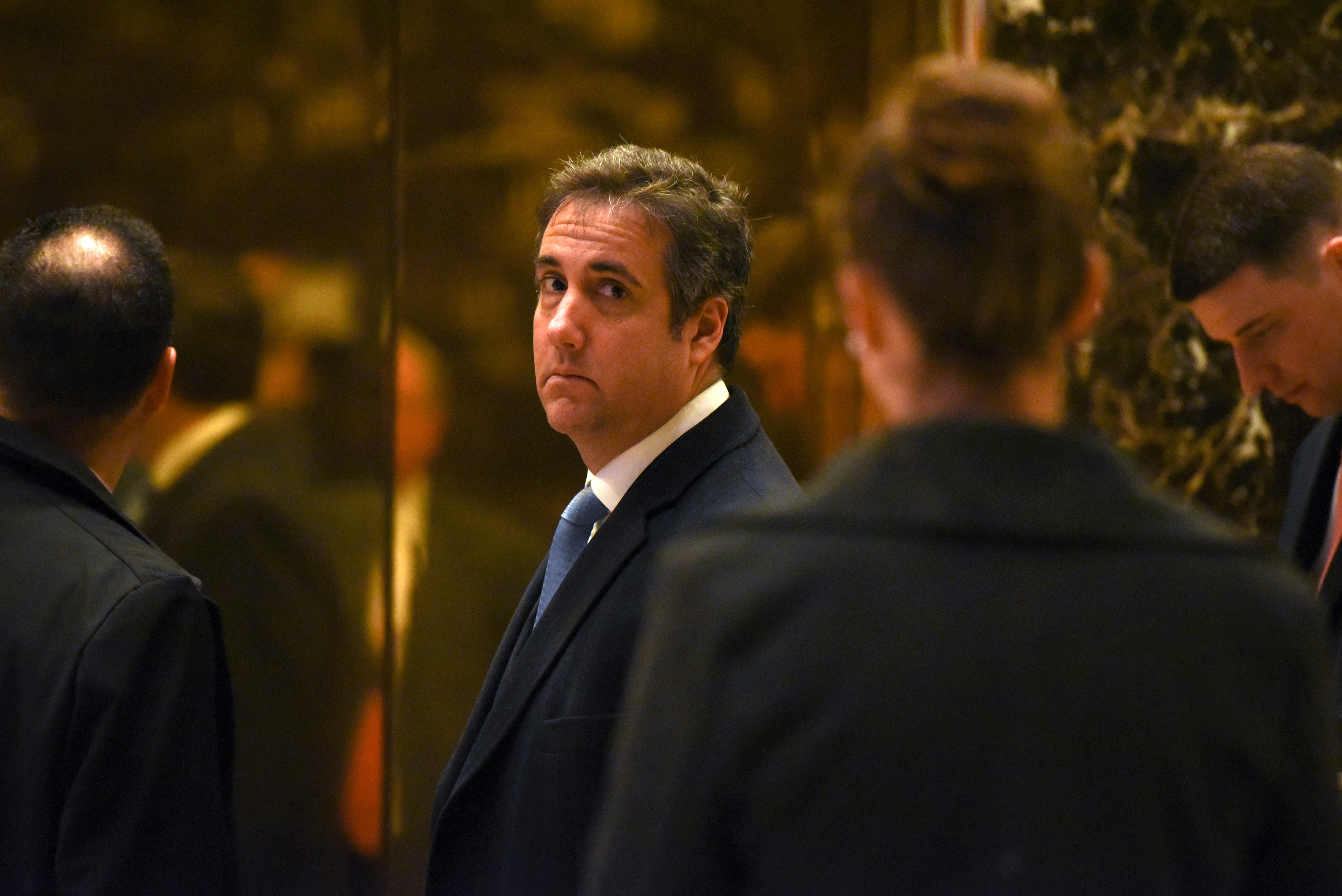Michael Cohen, President Donald Trump’s longtime personal lawyer, submitted a letter to Congress disputing allegations made against him in an explosive and unverified 35-page dossier which claims that Trump and his campaign colluded with Russia to tilt the 2016 election in his favor.
The dossier, compiled by ex-British spy Christopher Steele, paints Cohen as a central figure in the Trump-Russia controversy, alleging that he was a key player in “the ongoing secret liaison relationship between the New York tycoon’s campaign and the Russian leadership.” It also alleges that he secretly met with Kremlin officials in Prague last August, at the height of the presidential campaign.
“We have not uncovered a single document that would in any way corroborate the dossier’s allegations regarding Mr. Cohen, nor do we believe that any such document exists,” said Cohen’s letter to the House Intelligence Committee, a copy of which was obtained by The New York Times. “Mr. Cohen vehemently denies the claims made in the dossier about him, which are false and remain wholly unsubstantiated,” said the letter, which was written by Cohen’s attorney, Stephen M. Ryan.
Cohen’s name has repeatedly cropped up in the news as special counsel Robert Mueller and congressional intelligence committees investigate whether the Trump campaign colluded with Moscow during last year’s election. Cohen again made headlines on Tuesday when it emerged that he emailed Dmitry Peskov, a top aide to Russian President Vladimir Putin, last January during the campaign requesting his “assistance” in securing a real-estate deal for a Trump Tower location in Moscow.
The email represents the clearest interaction reported thus far between a senior Trump adviser and a member of the Russian government.
"Over the past few months I have been working with a company based in Russia regarding the development of a Trump Tower - Moscow project in Moscow City," Cohen wrote to Peskov, according to The Washington Post. "Without getting into lengthy specifics the communication between our two sides has stalled."
Cohen continued: "As this project is too important, I am hereby requesting your assistance. I respectfully request someone, preferably you, contact me so that I might discuss the specifics as well as arranging meetings with the appropriate individuals. I thank you in advance for your assistance and look forward to hearing from you soon."
Cohen was also in touch with Felix Sater, a Russian-born businessman and a real-estate adviser to Trump who first pushed for the Trump Organization to pursue a Trump Tower deal in Moscow in late 2015, when Trump was a presidential candidate.
Sater told Talking Points Memo earlier this month that his "last Moscow deal for the Trump Organization was in October of 2015" but that it "didn't go through because obviously he became president."
"Once the campaign was really going-going, it was obvious there were going to be no deals internationally," Sater said. "We were still working on it, doing something with it, November-December."
However, Sater and Cohen exchanged a series of emails in November 2015 in which they geared up to celebrate the Moscow deal, as well as Trump's election victory, which would come a year later. In the emails, which were obtained by The New York Times on Monday, Sater bragged about his relationship with Putin and told Cohen that he would "get all of Putins team to buy in" on the Trump Tower Moscow deal.
"Our boy can become president of the USA and we can engineer it," Sater wrote, according to The Times. "I will get Putin on this program and we will get Donald elected."
Cohen told The Times that Sater "sometimes used colorful language and has been prone to 'salesmanship,'" adding that he "ultimately determined that the proposal was not feasible and never agreed to make a trip to Russia."
In his letter to the House Intelligence Committee, Cohen repeatedly denied that he was involved in covering up Trump's alleged ties to Russia, as the Steele dossier claims.
"Mr. Cohen is not aware of any impropriety related to Mr. Trump's 'relationship' with Russia, nor is he aware of Mr. Trump having an improper political relationship with officials of the Russian Federation," the letter said.
He also asked the committee to look into Fusion GPS, the opposition research firm that produced the dossier. The document was originally financed by anti-Trump Republicans, but was later taken over by Democrats after Trump won the Republican primaries.
The dossier, which includes some salacious allegations, has been widely criticized by Trump and his allies. However, it may bear some interest for the FBI, which is reportedly using the document as a "roadmap" for its investigation into the Trump campaign's ties to Russia.
Natasha Bertrand contributed reporting.

